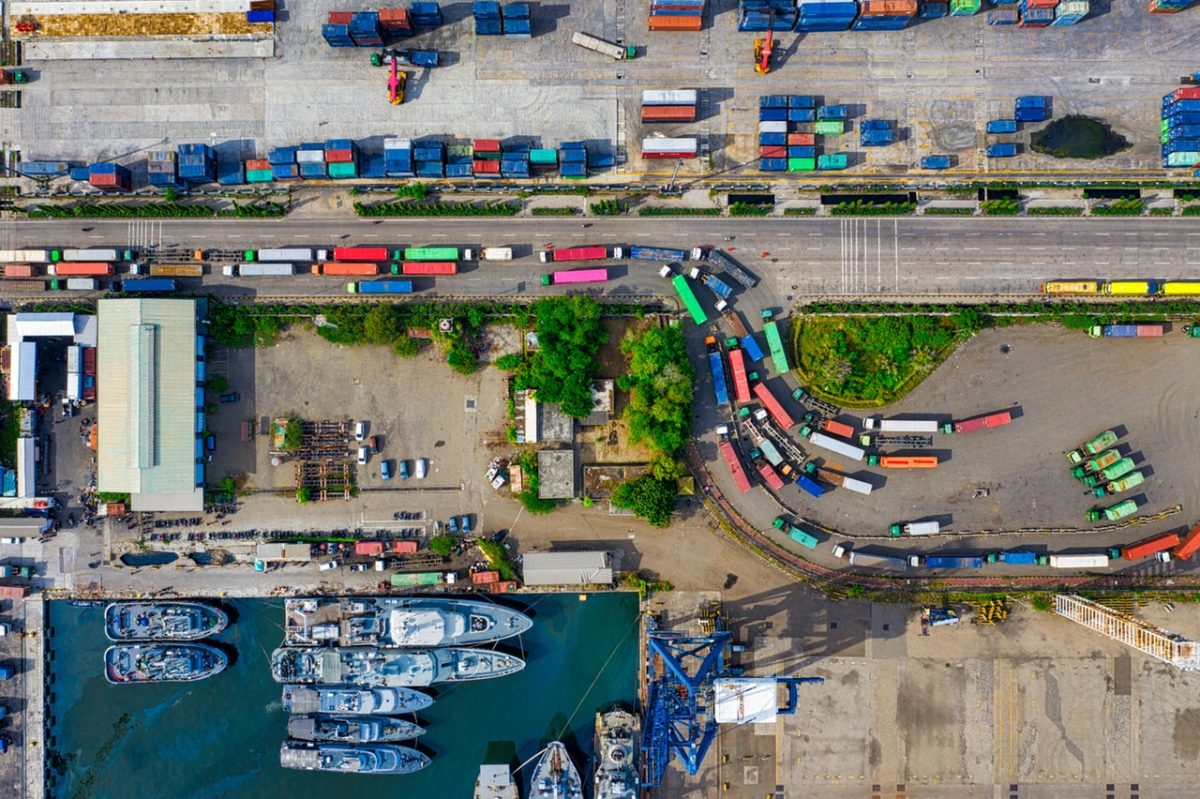HS are codes used in more than 200 countries and economies, more than 98% of international trade merchandise is being classified with these codes.
The World Customs Organization has created HS or also known as the Harmonizes System to help the harmonization of customs and trade procedures. In addition to that the HS codes do contribute to the non-documentary trade data interchange in procedures as the previously mentioned.
Yet, the harmonized system helps in reducing the costs related to international trade as well. Nowadays all customs officers must use HS codes to clear every commodity that enters or crosses any international border.
So, lets find out what HS codes are and how do they apply!
What are HS Codes?
As you already know, the HS codes are helping in simplifying the codification of commodities that are being transported internationally.
Thereupon, the HS code is a six-digit identification code that covers 5000 commodity groups. The HS commodity groups have 99 chapters containing 21 sections. All HS codes are arranged in a legal and logical structure.
The official interpretation of the HS is given in the Explanatory Notes published by the WCO. These Explanatory Notes can be also found online and on CD-ROM, as part of a commodity database giving the HS classification of more than 200,000 commodities actually traded internationally (Source: WCO website).
How are HS Codes Used?
HS codes are used by governments, private-sector firms as well as by international organizations.
These codes are mainly used by these bodies to:
- Monitor
- Update
- Optimize controlled goods
- International Taxes
- Rules of Origin
- Trade policies
- Transport Statistics
- Freight Tariffs
- Quota Controls
- Price Monitoring
- Traffic Statistics
- Economic Research
By this you can see that the HS codes are seen as an indispensable tool that helps all bodies that are connected to international trade, coding for commodities as well HS codes are being used as a universal economic language.
How To Keep Track Of Your HS Codes
Listing the correct HS Codes is a must, which is why importers and exporters have to be absolutely sure that they are using the right codes, and that they are not breaking the law.
So, you must be asking yourself how can you be 100% sure that you are using the correct HS Codes?

Here is one easy tip. Before you finally choose the correct classification you can have a look at the HS Codes Classification List and double check if the codes that your broker has given to you match with the actual description.
With this in hand, you can now check the classifications of your products, which will also show the customs office that you have taken all reasonable care.
It is very important to do this as the law states that the importer is totally responsible for showing the correct HS Code on every entry submitted in their name.
Why are HS Codes Important For Global Trade?
HS codes are used both by importers and exporters as the correct classification of goods. Thereupon, it is a legal responsivity for them to use it.
On the other hand, if the importer or the exporter fails to use the HS codes then more inspection will take place and the transportation process will get delayed. On top of that they will have to pay heavy fines as well as penalties.
To put it differently, HS codes are vitally important for both the importers and exporters because these codes help in calculating the bottom line. The HS codes can definitely save them both time and money.
The best practice to staying liable with the law and getting to know how the classifications work you can always double check if your revenue (taxes and duties) are correct.
Final Thoughts
All in all the Harmonized Commodity Description and Coding System or also known as the HS Codes is a common standard used all around the world with the aim of describing the type of commodity that is being transported.
Thereupon, as you had the chance to read that the codes help in the harmonization of customs and trade procedures by standardizing and identifying the cargo in the same manner regardless of the first or final destination.
Hence, it is of great importance for all parties using HS codes to use it and implement it in the right form.



